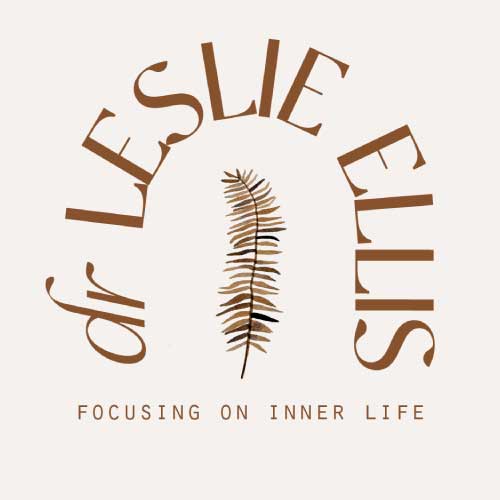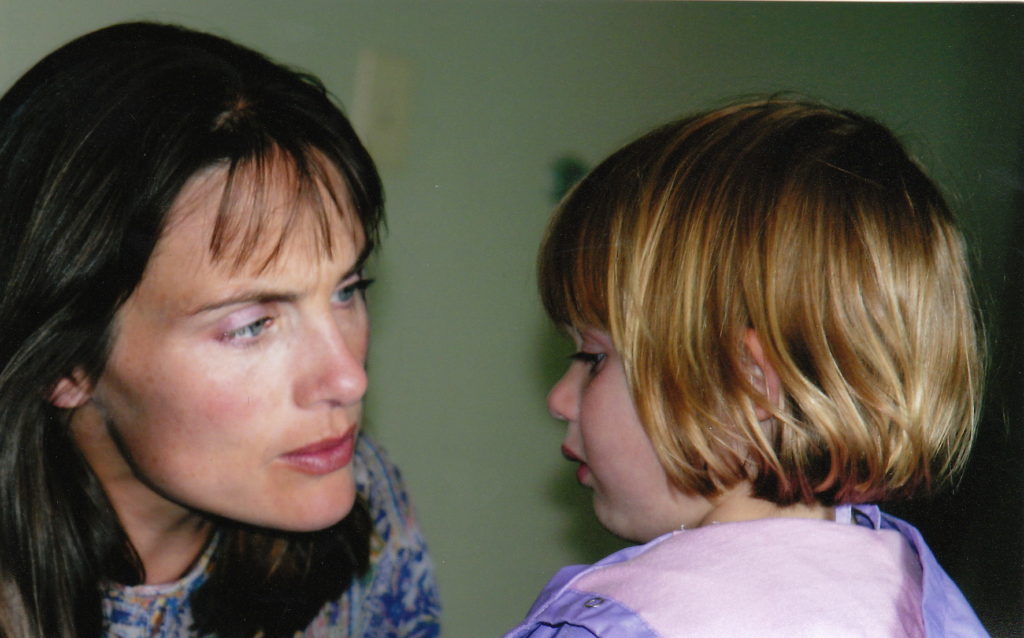I was asked recently to recommend some books for new therapists. I offered my favorites, Irvin Yalom’s The Gift of Therapy, Eugene Gendlin’s Focusing, and Jacquelyn Small’s Becoming Naturally Therapeutic. They were not really what the intern was asking for, which was specific techniques, solutions and more certainty about what to say in sessions.
I recall, from my early days as a therapist, that desire to say just the right thing, the need to help and to feel certain about what I was doing. After more than two decades in practice and years of training other therapists, I feel I know less in some ways than I did at the start. But that not-knowing is essential to really being present with someone. I realize now that the crucial skill for a new (or old) therapist is the simple, profound ability to listen. I think this is becoming a lost art.
What makes therapy so compelling? Why do people spend significant amounts of money and time to sit in the stew of their deepest concerns week after week? No small part of the attraction is the exquisite and unique experience of truly being listened to, of having the floor and someone’s compassionate undivided attention for almost an entire hour. Where else does that happen in life?
I count myself lucky to have a handful of friends and a partner who at times will sit still and attend to my dreams, my complaints, the vagaries of my current life story. And in a natural reciprocal rhythm, I gladly do the same for them. But even here, where some of my friends (also therapists) are exquisite listeners, there is a time limit, many other things pressing, a sense of how precious and rare it is to have moments where I can truly feel heard with spaciousness.
All of this makes me want to cultivate a deeper ability and commitment to the gift of listening. For inspiration, I have turned to Rob Foxcroft’s book, Feeling Heard, Hearing Others. He says we need patience to really listen:
“You have to slow down the pace of your listening, to be patient both inwardly and in your manner. Much of the time you will be silent – quiet and present, simply waiting and being with the person. Occasionally you will convey your empathy through your words or actions. It is helpful when you are not afraid. The more you are at peace with what is happening, the better it will be. And of course you may be afraid and far from peaceful. Well, so be it. We listen from where we are. There isn’t anywhere else to be, after all.”
Listen from where we are. That’s the trouble. We can be all over the map, thoughts flitting like hummingbirds, distracted by our phones, our thoughts, our impatience to have our own time to be heard. It becomes clear that presence is a prerequisite to good listening; cultivating the ability to simply be present in the moment creates the ability to truly be present with another.
These musings have led me to the idea that I could sprinkle this gift of listening more liberally and generously. Over the years, in my practice, I have cultivated the ability to drop into a quality of presence that is tangible and comforting, or so I like to think. I wonder what would happen if I did more of this… and, to think bigger, what if more of us stopped and really listened to each other? September 19 is the International Day of Listening. On this day, people around the world are asked to take some extra time to truly listen to others around them. The theme this year, in this era of polarization, is to find common ground and respectfully explore differences. I wonder, why not do this every day?

